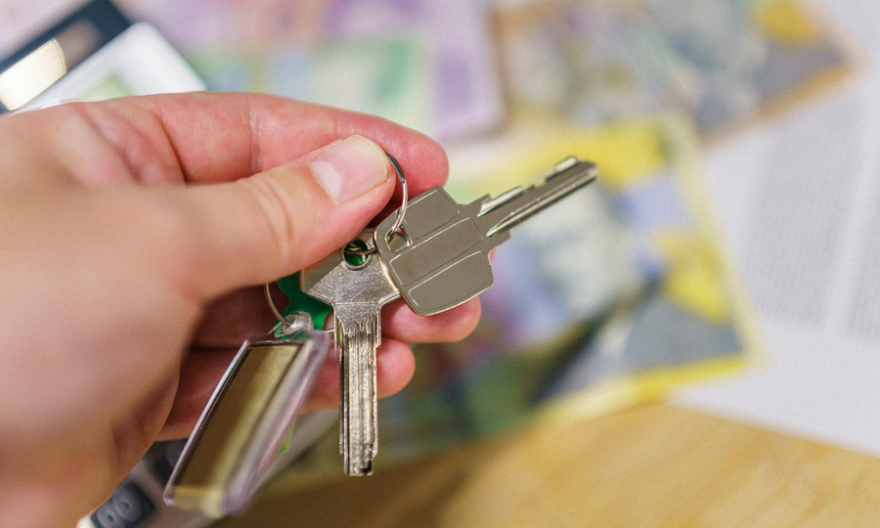
Investment in property can be one of the most exciting ways to create wealth and achieve financial freedom. From a novice investor to an established one, taking a plunge into real estate in Malaysia might turn out to be overwhelming. However, everyone can make informed decisions with the right strategies put in place to ensure long-term success.
In this blog, we will be showing you the various ways and means of acquiring and refining your expertise in real estate investing-whether you are just starting out or are already well on your way. From understanding market trends to mitigating risks, we have created a comprehensive list that you will need in order to be successful in real estate, even within the robust Malaysian marketplace.
1. Know the Market Trends
Before investing in any property, one of the most crucial things is to know the market. Here’s how:
- Research Property Markets: The time for buying property in Malaysia, or even anywhere else in the world for that matter, is when one needs to know the current trends in the local real estate market. Research, for instance, the demand for housing, prices of rentals, and where the future development lies.
- Recognize Growth Areas: The investor should zero in on those areas that are slated or bound for growth, such as new urban developments or places where infrastructural development may soon take place.
- Understand Economic Factors: Economic factors, such as interest rates and inflation, are some of the most viewed variables that hugely affect real estate prices. Keep yourself updated about these changes so that you may make decisions at appropriate times.
2. Location is Key
Location is a very key factor in property investment that will help you determine the profitability of your investment. Consider the following factors when choosing a location:
- Amenities in the vicinity: Property near schools, hospitals, shopping areas, and transportation links tend to be more prolific regarding rental or resale values.
- Neighbourhood Trends: Identify if the neighbourhood is up-and-coming. Communities that have prospects for further infrastructure development or business/industrial growth tend to appreciate property values over time.
- Crime Rate and Safety: It is easier to attract tenants and buyers to a safe area. Understand crime statistics reported in the area, and speak with the neighbours to truly determine how safe the community is.
3. Start Small, Scale Gradually
One of the best things you can do when starting into property investment is to make a small investment. That way, you learn with an investment that does not carry too much financial risk.
- Start with just one single property: take up a manageable project at the moment, and then later you can expand to more properties. A relatively smaller property, an apartment, or even a condo, will be much easier to manage and give you some experience in the real estate investment market.
- Learn from Experience: The moment you make your very first investment in a property, you will have an idea of precisely how the property market works, and you are going to make the right decisions when it comes to future investments.
- Gradual expansion: Once you gain confidence and acquire knowledge, expand your portfolio by investing in multiple properties. Invest first in nearby markets and then explore new locations such as various parts of Malaysia or other international investments.
This will provide a step-by-step approach towards entering into any deal with full preparation and knowledge by minimizing the chances of a loss.
4. Diversification of Investment Portfolio
Diversification should be done while investing in property; putting all your money in one particular property or area exposes you to a very great risk in case the market starts to go down.
- Diversification in Property Type: Other than investing solely in residential houses, try investing in commercial or industrial houses. Diversification opens up various streams of revenue.
- Diversify location: Never place your investments in one location. Even within Malaysia, the conditions of the property market can be very different from one region to another. Spread across different cities or towns.
- Invest internationally: For the experienced investor, there is an international investment in property opening up. This obviously requires greater research and knowledge, but it also opens wider possibilities for higher returns in faster-growing markets internationally.
Diversification can also help you minimise your potential losses resulting from unpredictable changes in the economy.
5. Establish a Clear Investment Budget
Invest in no property without establishing your budget first and sticking to it. Overinvestment may make you feel stressed out economically, thereby affecting your income returns.
- Estimate All Costs: Besides the purchase price alone, include other costs such as legal fees, tax, maintenance, and renovations.
- Contingency Fund: Always put aside a small percentage of your money for contingencies. Examples of such costs are repairs, property taxes, or even renovation costs that might run a little higher than initially anticipated.
- Avoid Emotional Purchasing: Buy a property based on objectivity. Do not let your emotions get in the way or even affect your decisions, especially with regard to your budget.
This financial discipline ensures you are not overexposing yourself, and your investment strategy is wholesome.
6. Understand Rental Yield
The major variables that go into property investment involve understanding rental yield, particularly if one is after a regular income stream.
- Calculate Gross Yield: This is the annual rental income divided by the purchase price of the property. Generally speaking, the higher the yield, the better the return on investment.
- Focus on the Net Yield: Gross yield doesn’t take into consideration certain costs, like maintenance and management fees. In this regard, one computes the net yield that considers those expenses.
- Compare to Market Yields: Compare it against the average rental yield in your area so that you have an idea if the property will be able to give you competitive yields. In urban areas in Malaysia, rental yields vary, and so there is a call for informed judgment.
Therefore, understanding yields will ensure that one is investing not only for capital gains but also for continuing income.
Conclusion
This can be a gratifying venture both for the novice and the experienced investor, especially when done appropriately. This directs one’s attention, nonetheless, to very important strategies that will assist in comprehending the market, managing your finances, and eventually diversifying your portfolio. Whether one is involved in real estate investing in Malaysia or any other place in the world, these guidelines shall direct them to success. Keep yourself informed, and make strategic decisions, and you shall be assured of your property investment thriving for years to come.




